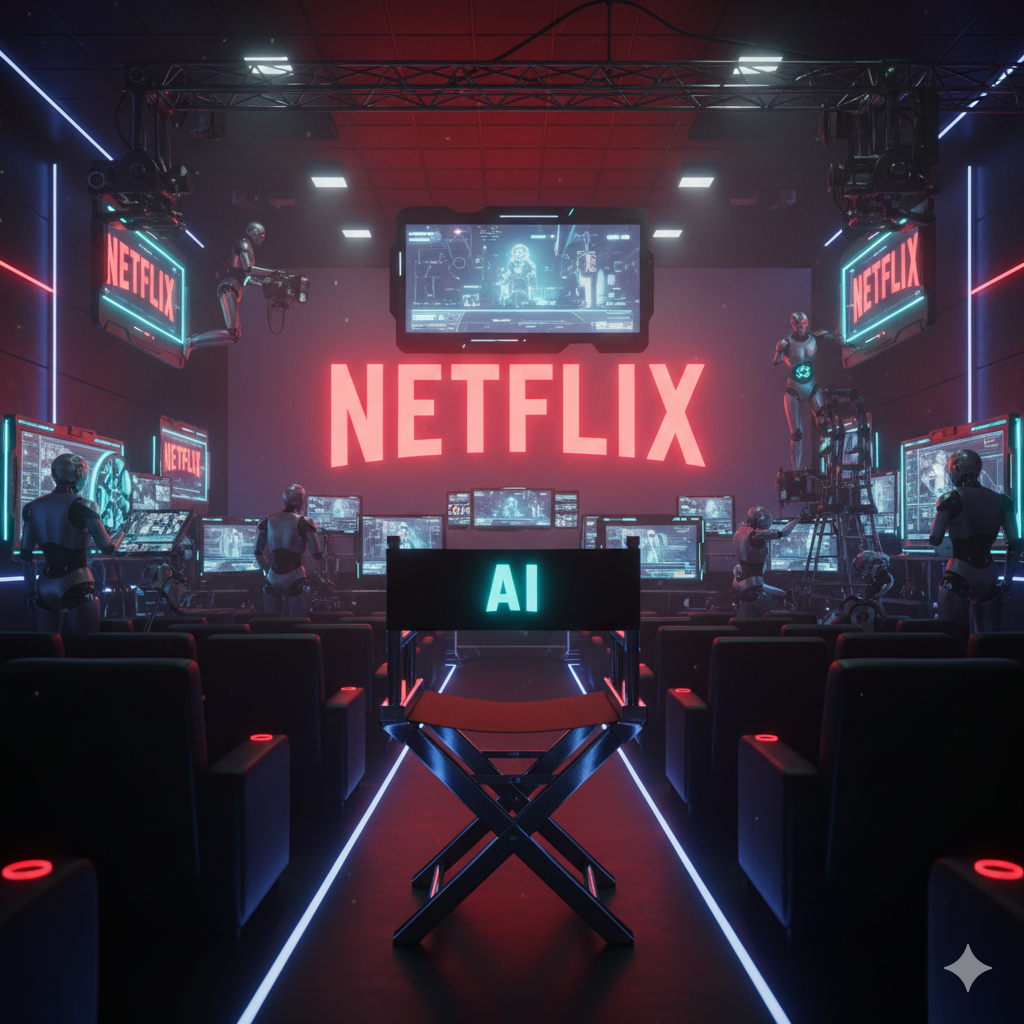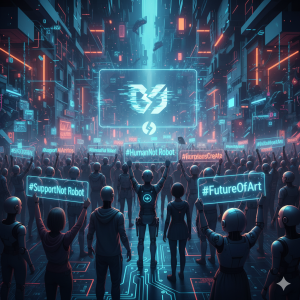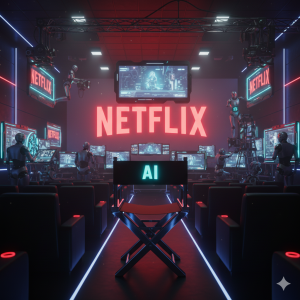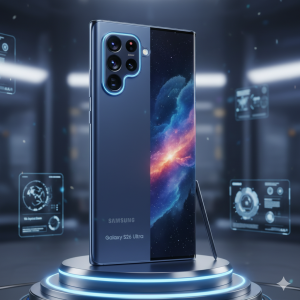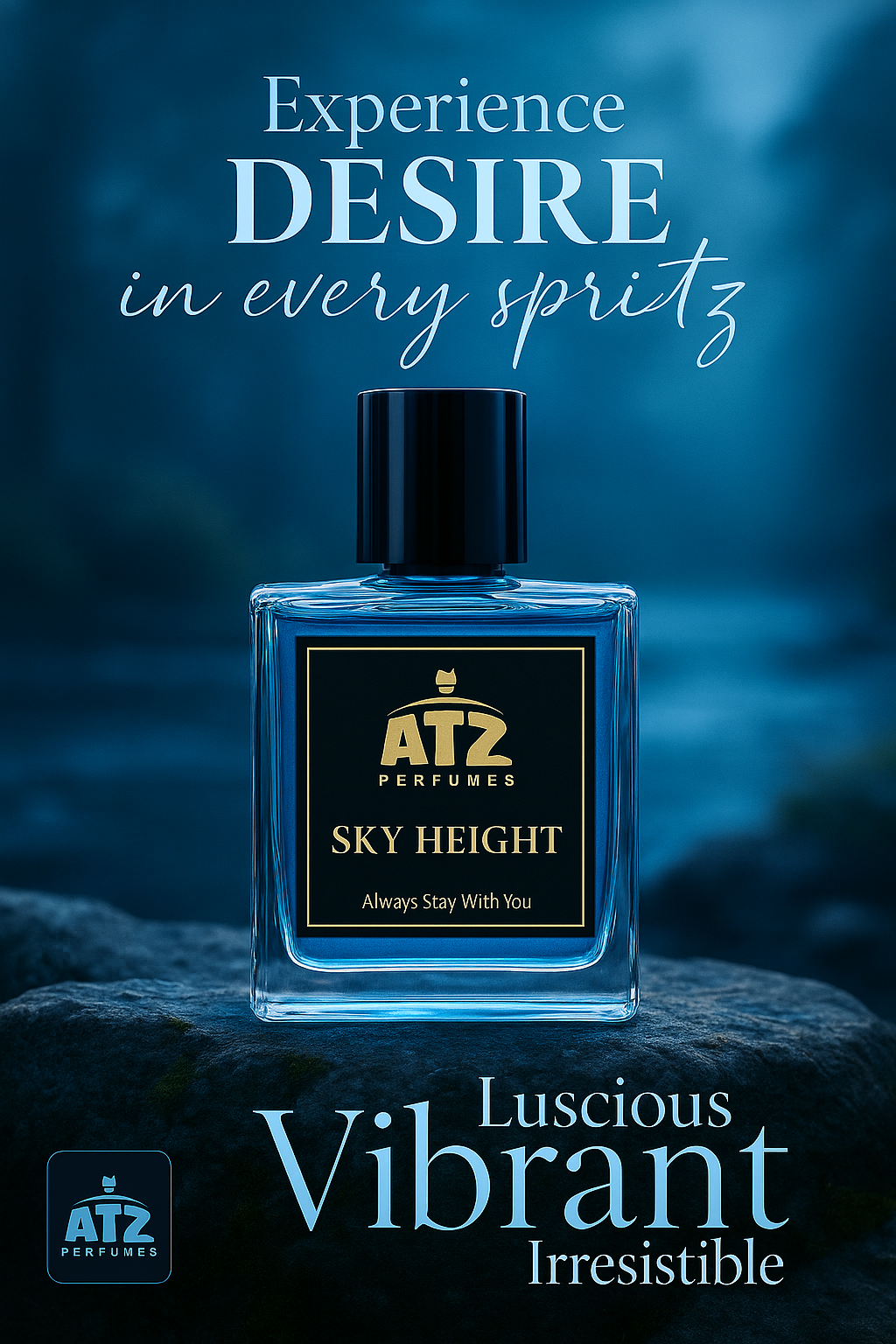Netflix’s First AI-Generated Documentary Series: A New Era of Storytelling
When Netflix meets AI — storytelling takes a futuristic leap into creativity and controversy.
Netflix has always been the bold trendsetter of entertainment — from changing how we binge-watch shows to creating blockbuster originals. Now in 2025, it has taken the most daring step yet: launching the world’s first AI-generated documentary series. This move has shocked Hollywood, fascinated tech experts, and started global debates about the future of creativity.
This new series — tentatively titled “Echoes of Humanity” — is being hailed as the world’s first documentary completely crafted through artificial intelligence. From scriptwriting and voice narration to scene creation and color grading, nearly every aspect of the production was shaped by AI tools. Human editors only supervised, making sure the final version followed Netflix’s standards and copyright guidelines.
🎬 What Makes This Documentary Unique?
Traditional documentaries rely heavily on human editors, cinematographers, and storytellers. But this AI-powered experiment from Netflix rewrites the entire process. It uses machine learning models trained on millions of scripts, interviews, and documentaries to produce realistic storytelling that mimics human emotion and pacing.
- AI Scriptwriting: Netflix’s in-house algorithm analyzed over 10,000 hours of past documentary scripts to structure compelling narratives.
- Voice Synthesis: Instead of hiring narrators, Netflix used an AI model that generates emotionally expressive voices — capable of tone variation and pauses like real humans.
- Visual Creation: Generative AI recreated historical scenes using real archival data blended with CGI realism.
- AI Editing Suite: The editing process was 70% automated, saving months of manual effort.
According to Netflix’s statement, this AI series aims not to replace human filmmakers, but to augment creativity — helping creators bring stories to life faster and more vividly.
💡 The Inspiration Behind It
The project began as an internal test in 2024, when Netflix experimented with OpenAI and Google DeepMind technologies to see if artificial intelligence could structure emotionally engaging storytelling. Surprisingly, the AI-created pilot episode performed better in test screenings than some human-made documentaries in pacing, clarity, and immersion.
Encouraged by the results, Netflix greenlit the full project — now being marketed as a milestone moment for both tech and cinema lovers. Industry experts call it “the ChatGPT moment of Hollywood.”
📺 How It Works – The AI Production Pipeline
The Netflix AI studio follows a five-stage creative pipeline:
- Data Research: Massive databases are analyzed to extract real events, characters, and patterns.
- Story Mapping: The AI builds a script draft with timeline-based scene structures and emotional arcs.
- Visual Composition: AI image and video models recreate environments, landscapes, and crowd simulations.
- Editing & Sound Design: Neural sound tools blend ambient noises and voiceovers to match tone.
- Human Supervision: Final creative adjustments and ethical reviews ensure accuracy and compliance.
This hybrid method is being celebrated for its efficiency — cutting typical production costs by nearly 40%. However, some unions are already voicing concerns about job displacement and credit attribution in AI-produced content.
🧠 The Role of AI: Assistant or Artist?
Netflix describes its AI not as a replacement but as a collaborator. It’s built to assist humans, not replace them. Yet, the debate continues: can AI truly understand emotion, empathy, and nuance — or does it simply simulate them?
In interviews, Netflix producers said the AI surprised them with subtle emotional layering — for example, using slower narration in sorrowful segments and switching camera tone automatically during uplifting scenes. “It felt alive,” one editor commented, calling it a “digital co-director.”
⚖️ Pros & Concerns: The Creative Controversy
Like any innovation, Netflix’s AI experiment is both groundbreaking and divisive. Here’s how it’s being received worldwide:
- Pros: AI allows creators to explore stories at unimaginable speed, reduce production waste, and visualize abstract ideas effortlessly.
- Efficiency: Budgets that once required millions can now deliver cinematic quality at a fraction of the cost.
- Global Inclusion: With multilingual AI translation, documentaries can instantly reach audiences in over 100 languages.
- Concerns: Critics argue that AI-generated storytelling risks losing the human touch — empathy, humor, and imperfection that make stories truly authentic.
- Ethics: Filmmakers are asking: Who owns AI-generated footage? Can AI be credited as a writer?
🎞️ Behind the Scenes – The AI Technology Used
The technical backbone of the documentary combines Netflix’s own AI research with tools from OpenAI’s GPT-5 Vision API, Google’s Gemini models, and Adobe’s Firefly Video Engine. This collaboration allows Netflix to create hybrid models capable of interpreting historical documents, simulating voices, and producing lifelike animations within hours.
It’s a breakthrough that proves AI isn’t just for text generation — it’s now capable of visual storytelling at cinematic scale.
🌍 Global Reaction – Mixed but Massive
Since the trailer release, global reactions have been mixed. While tech enthusiasts call it revolutionary, many artists and directors have expressed anxiety about the potential of AI to overshadow human artistry.
On social media, the hashtag #AIFilmmaking has trended for weeks, with creators debating whether this is progress or creative erosion. Ironically, even the trailer — voiced entirely by AI — sparked curiosity for how convincing synthetic voices can sound today.
Netflix’s AI documentary quickly entered trending charts across Twitter (X), YouTube, and TikTok, gaining millions of views within days. Many praised Netflix for being the first to merge generative AI with emotional storytelling successfully.
🧩 The Human Touch Still Matters
Netflix insists that despite its AI innovations, humans remain central to its storytelling philosophy. Every AI project is reviewed by human creators for tone, sensitivity, and accuracy. The final story selection still comes from experienced directors who ensure the message aligns with real-world ethics and Netflix’s audience expectations.
In other words, AI builds the structure, but humans bring the soul.
📊 Future of AI in Cinema – The Next Chapter
This experiment is only the beginning. Industry experts predict that within the next five years, AI will assist not just in editing and post-production but also in casting, budgeting, and scene generation. Studios could allow audiences to choose story directions in real-time — turning movies into personalized experiences.
Imagine watching a Netflix film where you control the ending or generate a version starring your favorite actor — digitally rendered. These possibilities are no longer science fiction; they’re prototypes already being tested.
🎥 Try Rating Netflix’s AI Move!
What do you think about Netflix’s decision to use AI in documentary filmmaking? Rate this innovation below:
🧭 Ethical Questions: Where’s the Line?
With AI blurring creative boundaries, some filmmakers are calling for a “Digital Ethics Act” to regulate AI-generated media. Issues like deepfake misuse, copyright violations, and cultural misrepresentation are genuine risks. Netflix reportedly works with the AI Ethics Board of the EU to ensure compliance with transparency laws.
Viewers will now see an “AI-Generated” label before every episode — a move Netflix says promotes honesty and protects audience trust.
💬 Audience Reactions
Fan responses have been surprisingly positive. Many say the AI-generated visuals look even more cinematic than human-shot footage. One Reddit user commented, “It feels like watching a dream unfold — too perfect, yet unsettling.” Others worry that as AI improves, human jobs in filmmaking might decline drastically.
Still, a large majority agree that if AI helps tell stories that were previously impossible, it deserves a seat in the director’s chair.
📅 Release & How to Watch
Netflix will officially release the series globally in November 2025. The pilot season includes six episodes, each focusing on humanity’s greatest technological leaps — from ancient inventions to AI-driven futures. All episodes will stream in 4K HDR with multilingual AI dubbing options.
Subscribers can preview behind-the-scenes AI footage and developer interviews on Netflix’s official YouTube channel before the launch.
✅ Final Thoughts
The Netflix AI Documentary Series is more than a milestone; it’s a cultural experiment. It’s not just testing what AI can do — it’s testing how audiences react to machine-made art. Love it or hate it, this fusion of technology and creativity marks a new age of cinema.
As AI continues evolving, storytelling will too — becoming more interactive, emotional, and data-driven. One thing’s for sure: the world will remember this as the moment when AI officially entered Hollywood.
💚 Verdict: Netflix’s AI documentary is not just innovation — it’s history in the making.
References:
Netflix Official |
The Verge |
Hollywood Reporter

